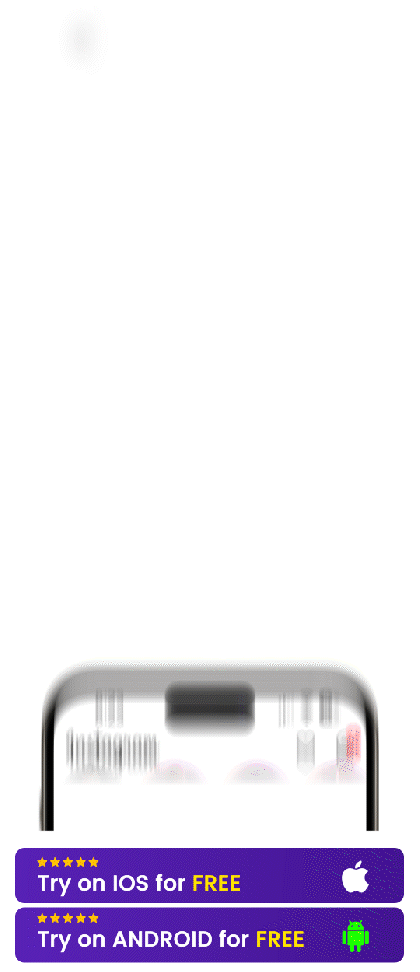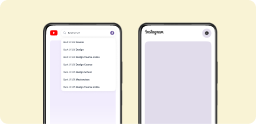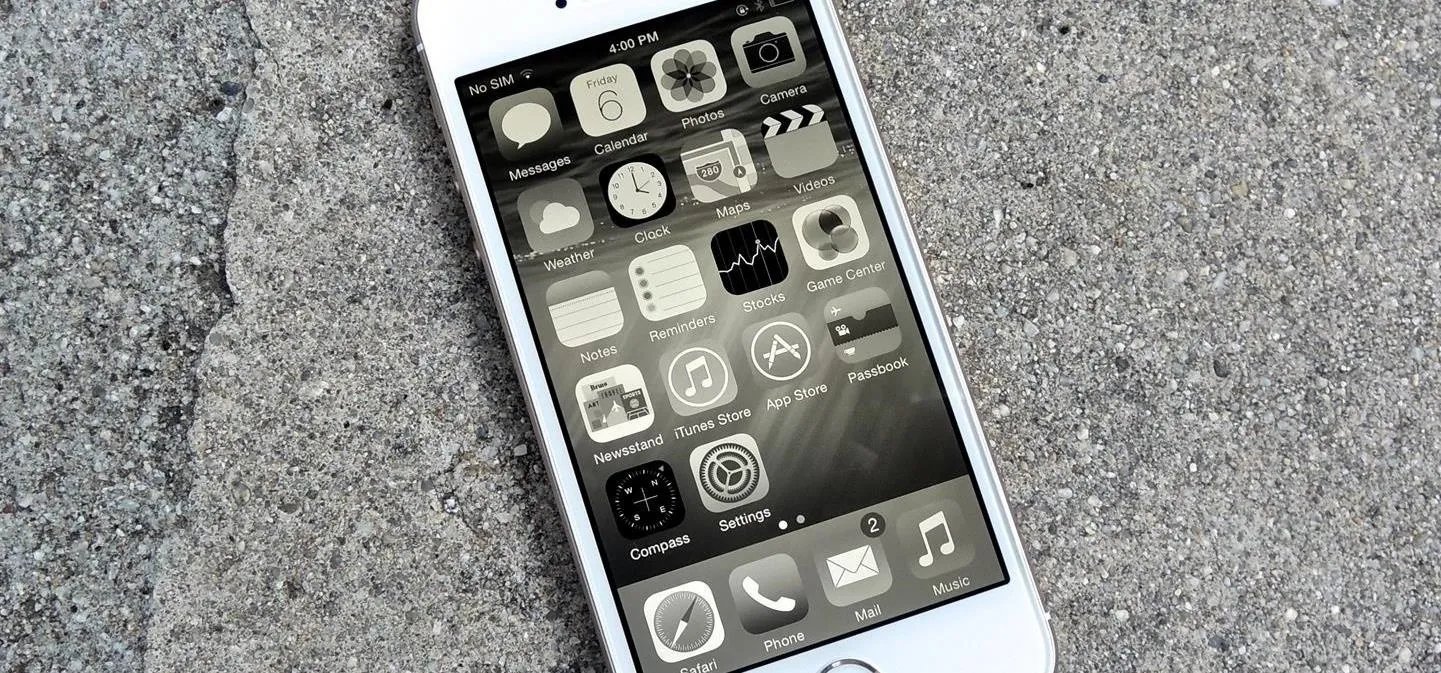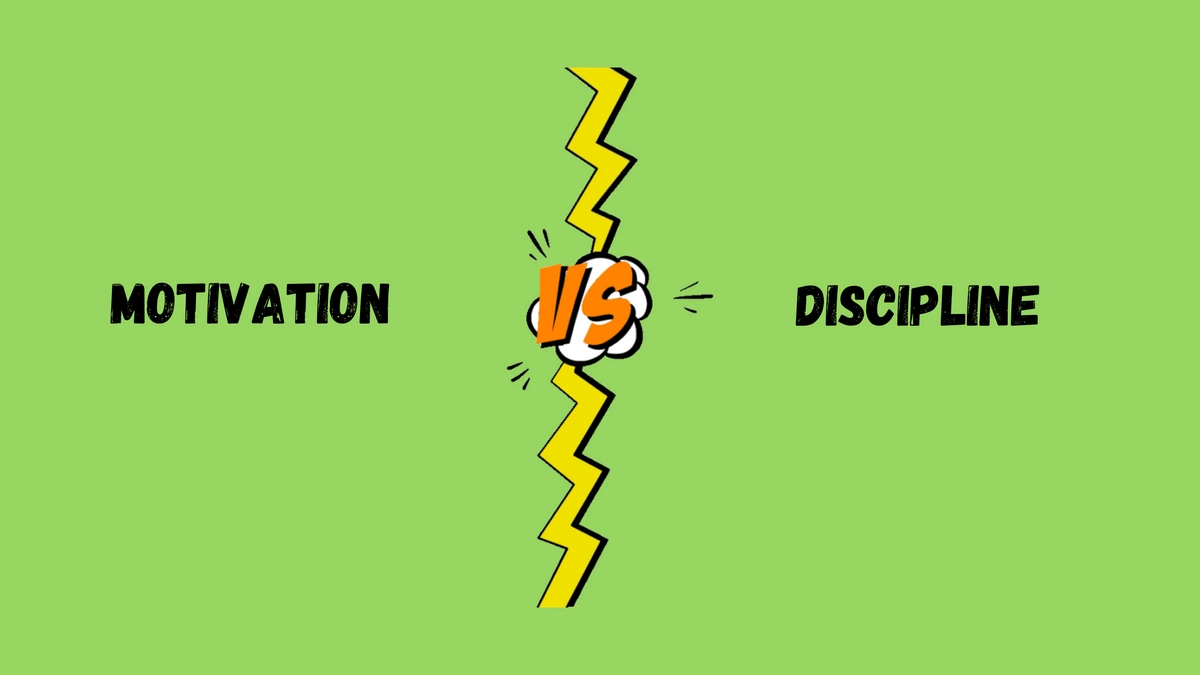Takeaways
- Recognizing stress is the pivotal first step in managing it.
- Effective stress management can enhance overall well-being.
- Technology can both contribute to and help alleviate stress.
On a personal note, I've navigated the choppy waters of stress myself. There was a time when the blaring ring of my phone was a siren song leading to a sea of anxiety. My personal dopamine detox began not out of enlightenment, but necessity. I had reached a point where the reasons I couldn't focus on work were piling up, clouding my vision like a fog.
The journey wasn’t easy. I took deliberate steps, like learning how to block porn on an iPad, to filter out the noise. I embraced practices that bolstered my mental health, and soon, the reasons to quit social media became my manifesto for peace. Over time, I realized that my stress wasn't a beast to be slain, but a signal to be understood. By recognizing it, identifying its sources, and applying targeted strategies, I learned not just to cope, but to thrive.
Table of Contents
- The Importance of Acknowledging Stress
- Identifying Your Stress Triggers
- Simple Strategies to Mitigate Stress
- Utilizing Technology to Combat Stress
- Become more productive while managing your stress
- Conclusion
- FAQ
- References
What Is the First Step in Handling Stress? A Guide to Gaining the Upper Hand Over Your Tension
They say the first step is always the hardest, especially when your stress levels are so high that even your smartwatch is sweating. But fear not! While we can't promise to make your in-laws more bearable or find your missing socks, we can certainly guide you through the maze of stress management. So, take a deep breath, and let's dive in!
The Importance of Acknowledging Stress
The first step in handling stress isn't a trendy yoga pose or a mystical mantra—it's acknowledgement. Recognizing that you're stressed is like spotting a wild pimple on the eve of a big date—it's not pleasant, but it's the first step to dealing with it.
Like spotting a wild pimple before a significant event, acknowledging stress is the uncomfortable but necessary first step towards healing. It’s essential to recognize the signs of stress—perhaps it’s that tension in your shoulders or the way your thoughts race at night. This acknowledgment is powerful. It allows us to take the reins back from stress, rather than letting it run amok in the background. In the world of dopamine detox challenges, where we're constantly bombarded by stimuli, recognizing the need to unplug is more vital than ever.
Identifying Your Stress Triggers
It could be your overflowing inbox or the incessant pings from your phone that send your heart racing. Could a cold turkey blocker not working add to the stress? Absolutely. Identifying what pushes your buttons is like finding Waldo—you know he's there, you just need to look closely.
Stress triggers are as unique as fingerprints—what sets you off may not bother someone else. Identifying them can feel like a game of "Where’s Waldo?" in the chaos of everyday life. Is it the phone addiction whispering for your attention with each notification, or the ever-growing list of "should-dos" haunting your quiet moments? Pinpointing these triggers is the key to managing your stress effectively.
Simple Strategies to Mitigate Stress
Once you've identified your stress triggers, it's time to take action. Breathing exercises might sound cliché, but they're the avocado toast of stress management—popular for a reason. And if you find yourself wondering how to ignore screen time limits as a way to relax, think again. It's about quality, not quantity.
With your stress triggers in the spotlight, it’s time to counteract them. Breathing exercises, while they may seem as common as atomic habits quotes, are indeed the bread and butter of stress relief—simple, accessible, and effective. But it's not just about taking a breather; it's about finding strategies that resonate with you. Perhaps it's a digital detox, temporarily stepping away from the screens to reconnect with the physical world.
Utilizing Technology to Combat Stress
Ironically, the same devices that contribute to our stress can also help us manage it. Blocking distractions is a start. Whether you're figuring out how to block YouTube channels that trigger FOMO, or using a news feed eradicator for Android, technology offers solutions. And if you're questioning if a mobile news feed blocker can help solve social media addiction and improve mental health, the answer is a resounding yes.
Here's what you can do: Try out the app called BeTimeful to eliminate the cause of your stress or switch off your social media feed to stay connected without getting distracted —unless you want a scheduled break to lift your spirits before the app gently nudges you away!
Become more productive while managing your stress
In our quest for productivity, managing stress is not just about doing more; it's about creating a sustainable rhythm that allows for both achievement and well-being. The art of staying motivated in the face of stress is akin to maintaining a steady flame in a gusty wind—challenging, yet possible with the right techniques.
The modern world's barrage of notifications and digital demands often leads to screen saturation. Taking deliberate steps to reduce your screen time can create much-needed mental space, allowing for deeper focus and less fragmented attention. For students or professionals hitting the books or reports, finding ways to stay focused while studying is critical. Techniques such as time blocking can compartmentalize your day into focused segments, ensuring that stress does not derail your efforts.
The digital world is a double-edged sword; it can be a source of distraction as well as a toolkit for efficiency. Employing productivity tools and apps recommended by top productivity coaches can transform your phone or computer from a source of stress into an ally. With the right time management tools, you can track where your time goes, understand your productivity patterns, and make informed adjustments.
Sometimes, the source of our stress and distraction is the social media vortex. Learning how to quit social media or at least how to detach from social media can significantly cut down on stress. It's not about a complete withdrawal but finding balance. For those who work remotely, discovering ways to be productive working from home is essential, as the boundaries between personal and professional life can often blur.
In conclusion, while screen time limit apps may offer a starting point, true productivity in the face of stress comes from a holistic approach. Combining best productivity hacks with personal discipline, such as learning how to focus on studies without getting distracted and leveraging tips for time management, can lead to a more productive and less stressful life. It's about making intentional choices, like configuring Instagram settings and privacy options, to reclaim your time and focus on what truly matters.
Conclusion
The journey to managing stress begins with recognizing it. Embrace the tools at your disposal, whether it's turning off notifications or using a news feed eradicator for mobile. Don't let stress control your life—after all, you're the one holding the remote.
FAQ
Q: How do I know if I'm stressed? A: Your body will tell you. If you feel like you're juggling chainsaws on a unicycle, it's a sign.
Q: Can technology really help with stress? A: Yes. From apps that remind you to breathe to blockers that keep distractions at bay, tech can be a lifesaver. For instance, figuring out how to remove YouTube Shorts or removing the Instagram feed from your phone or desktop can reduce information overload.
Q: What if technology is the source of my stress? A: Then it's time to reassess your digital diet. Tools like dftube for Safari or news feed eradicator for Safari might just be what you need to declutter your online experience.
References
For further reading on stress management, consider these reputable sources:
- Mayo Clinic’s guidelines on stress management.
- The American Psychological Association’s advice on coping mechanisms.
- Harvard Health Publishing’s insights on the benefits of stress reduction for mental health.









